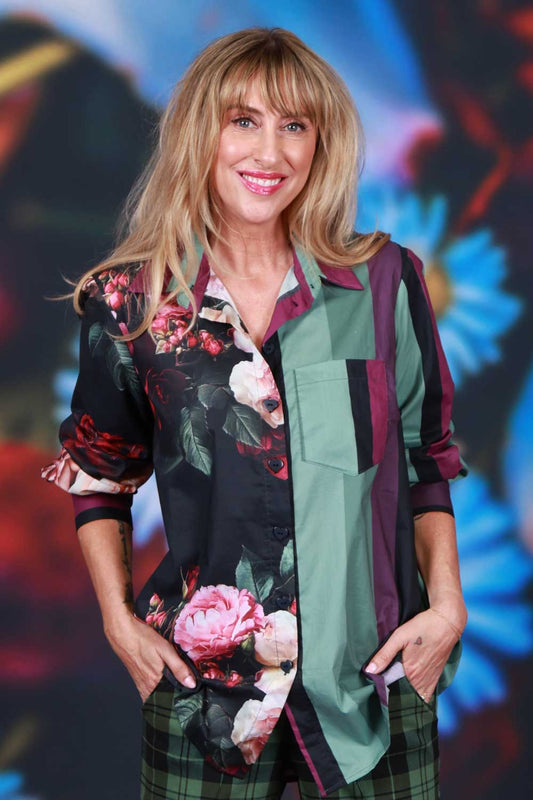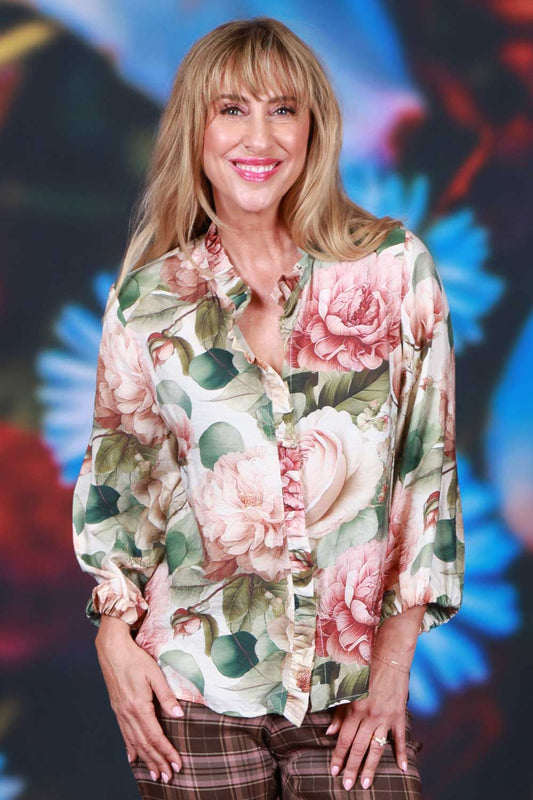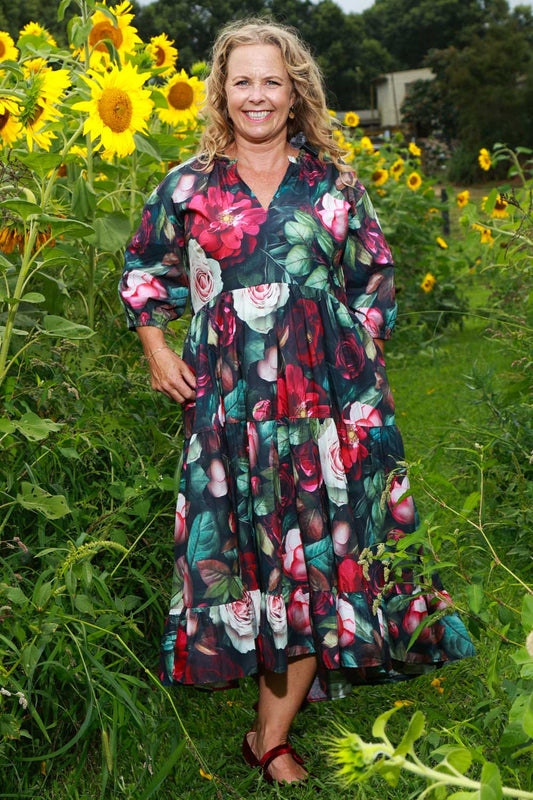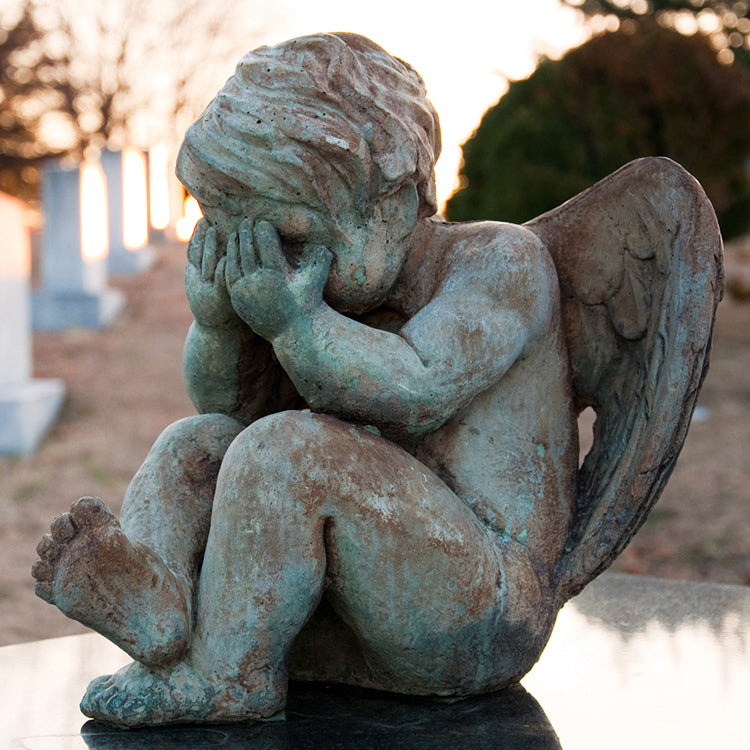
There are many terms used to cover this extremely sensitive subject – assisted death, voluntary euthanasia, doctor–assisted suicide, death with dignity, mercy killing – but whatever it is called, this topic polarises people.
To explain carefully – euthanasia is the practice of putting to death painlessly, or allowing to die by withholding medical measures, a person suffering from an incurable and/or painful disease or condition. There are two main forms it takes – euthanasia, where the entire process is performed by another person (usually a doctor,) and assisted suicide, where the patient is in complete control of the process that leads to their death.
There seems to be no grey area in any discussion on this topic –most proponents of either assisted dying or palliative care do not see eye to eye. For some, it is a matter of professional opinion, for others it is personal experience. Anyone who has watched a loved one die painfully and slowly, or is in a situation where they are facing this themselves tends to be in favour, but those in the medical and palliative care services are often against it.
Lecretia Seales, who died of brain cancer in 2015, became the face of euthanasia in New Zealand. Young, attractive and intelligent, she was doomed to die an unpleasant, drawn out and undignified death when she ran out of medical options to treat her cancer. She strongly advocated for her right to die on her own terms, believing there should be a more compassionate way to deal with people at the end of their lives. However, the High Court denied her application to allow her doctor to help her to die without the threat of prosecution. Her husband said the law was ‘paternalistic, overly-protective and rooted in the past.’ She died (unassisted) on June 5th 2015, but the publicity she created brought huge awareness of the topic to New Zealanders.
There are very few countries that have legalised euthanasia – the Netherlands, Belgium, Colombia and Luxembourg. Assisted suicide is legal in Switzerland, Germany, Japan, Canada and several states in the USA. Two attempts have been made to pass legislation to legalise euthanasia in New Zealand, both failed. It is also illegal to aid and abet suicide, under the New Zealand Crimes Act 1961.
Act Party leader David Seymour has put forward his ‘The End of Life Choice Bill’ which would allow mentally competent New Zealand adults who have a terminal illness which is likely to end their life within six months, or have a grievous and irremediable medical condition, the choice to ask a doctor to help end their life at the time of their choosing. He is quoted as saying ‘morally it is cruel in an advanced society, to make some people choose between lonely amateur violent suicide (which some choose) on the one hand, and intolerable suffering on the other hand.
David Seymour’s bill has been drawn from a ballot and is now up for discussion in parliament – he proposes that a group of medical practitioners would maintain a register health professionals willing to participate in assisted dying, and he stresses there are safeguards around the procedure.
Advocates of euthanasia say dying is not a crime, and that every person has the fundamental right to choose their time and method of death. The process does not harm anyone else, and it doesn’t prevent giving the best palliative care, but makes death with dignity a very real option. While we all know it is inevitable, most of us fear death, but this fear us usually based on our anxiety that it might be preceded by agonising pain. If we have control over the time and place of our death, this removes those fears, and means we can live the time remaining to us to the fullest.
Euthanasia is often referred to as the ‘slippery slope to murder,’ and those against it ask how we can design a system that protects the vulnerable? They propose palliative care as the best option to achieve quality of life for people suffering from a long term illness – however many think there is certainly room for improvement in the level of end-of-life care available in New Zealand. Belgium is a very interesting example – it has over 200 palliative care services and was ranked 5th in the world in the EIU (Economist Intelligence Unit) ‘quality of death’ index – however, it is also here that one death in twenty is a result of euthanasia.
One of the biggest arguments against euthanasia is that it is irreversible – what if the patient was about to make a miraculous recovery? This flies in the face of all the medical data available to us – and statistics tell us that in nearly 90% of cases overseas, euthanasia only shortened a patient’s life by a matter of days, and often only hours. So – is it humane to allow a terminally ill person to end their life – or is it the slippery slope to murder?












